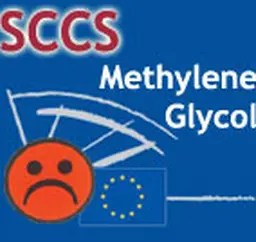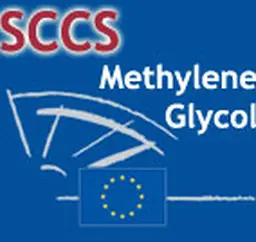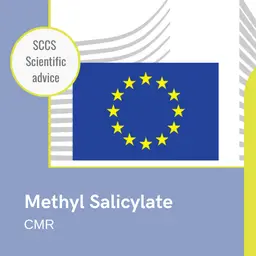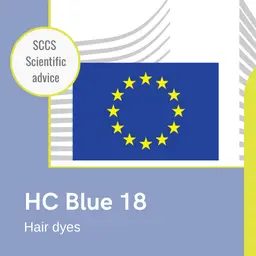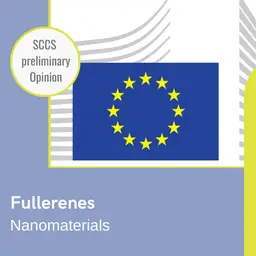
In June 2012, the European Scientific Committee for the Consumer Safety (SCCS) released an Opinion in which it concluded that methylene glycol, used in hair straightening products, is not safe to the human health. This opinion has been given an explanation, designed for the public at large, by the European Commission.
This fact sheet is based on the scientific opinion on Methylene Glyco l adopted on 26-27 June 2012 by the independent European Scientific Committee on Consumer Safety.
Methylene glycol is an ingredient used in some hair-straightening products. It is formed by the reaction of formaldehyde with water.
Formaldehyde is a toxic substance, and since the reaction with water is reversible, products containing methylene glycol can, under some circumstances, release formaldehyde.
The question is thus: is the use of methylene glycol in hair straightening products safe?
What is methylene glycol?
Dissolved in water, a molecule of formaldehyde – which is a gas at room temperature – reacts with a molecule of water to form methylene glycol. This reaction can easily be reversed in a variety of conditions. Both compounds exist in equilibrium and are constantly and rapidly transformed into each other. The rate of conversion depends on temperature, pH, concentration, and on the presence of other molecules. Therefore, although chemically they are two different molecules, the Scientific Committee on Consumer Safety considered that methylene glycol, in a solution, is equivalent to formaldehyde.
How are consumers exposed to methylene glycol?
Currently, methylene glycol is used in hair straightening products, with concentrations that …

